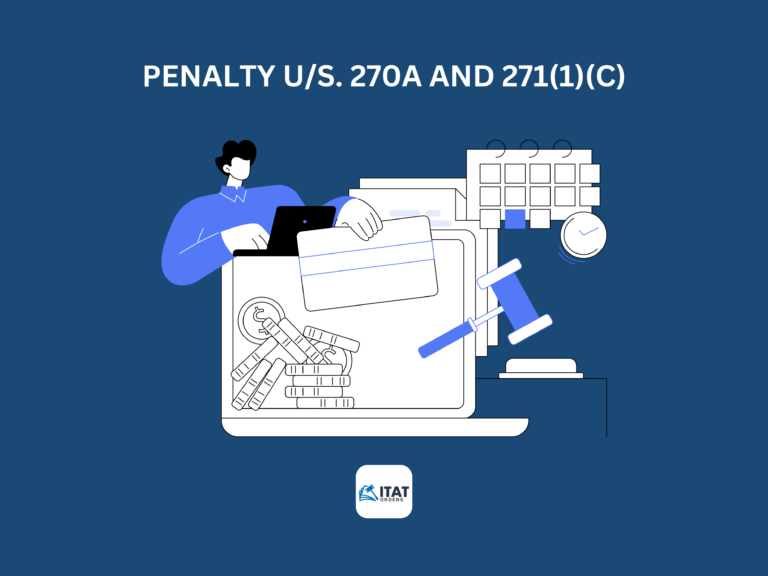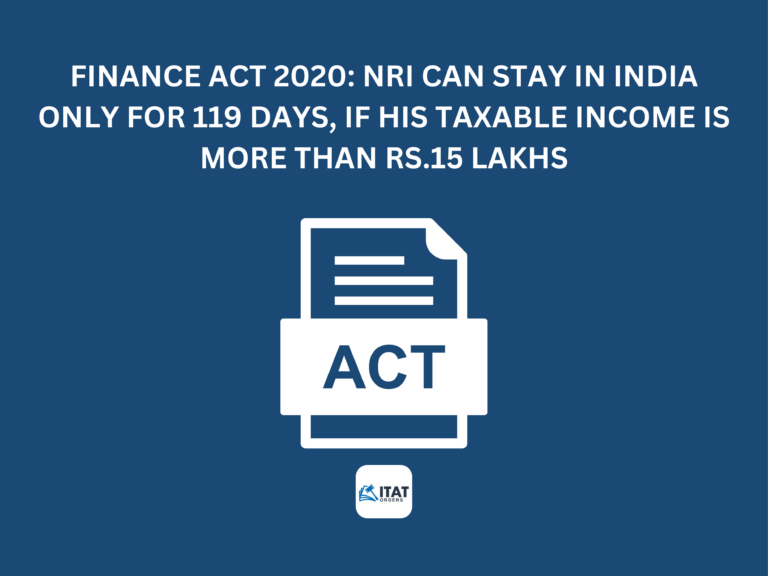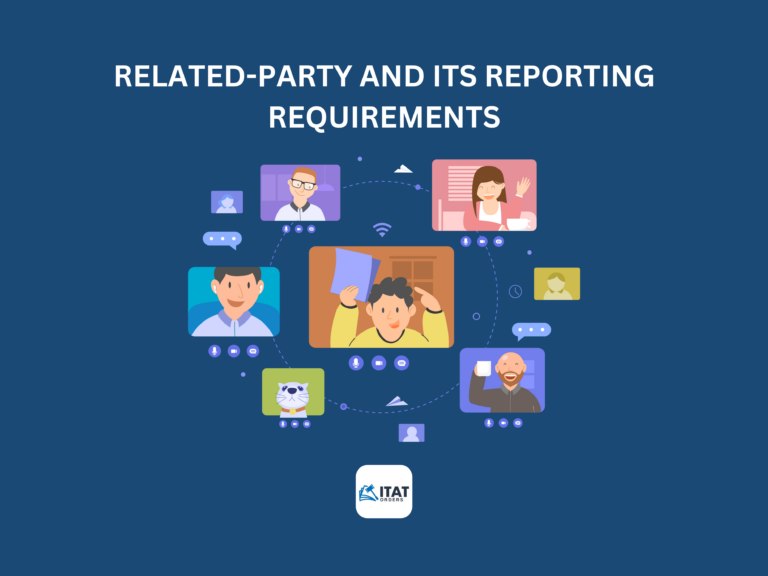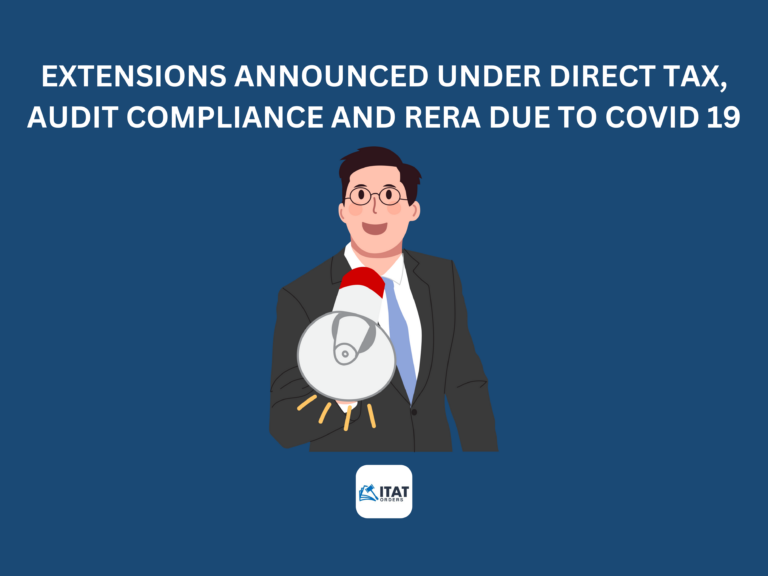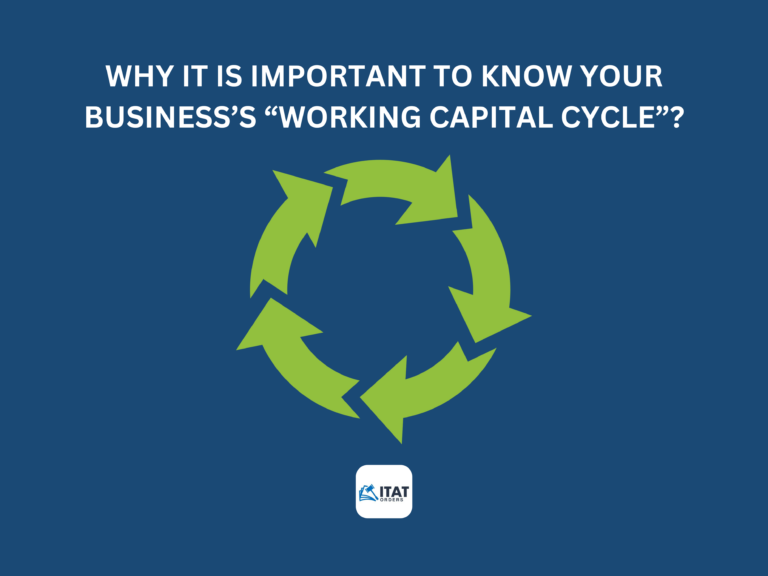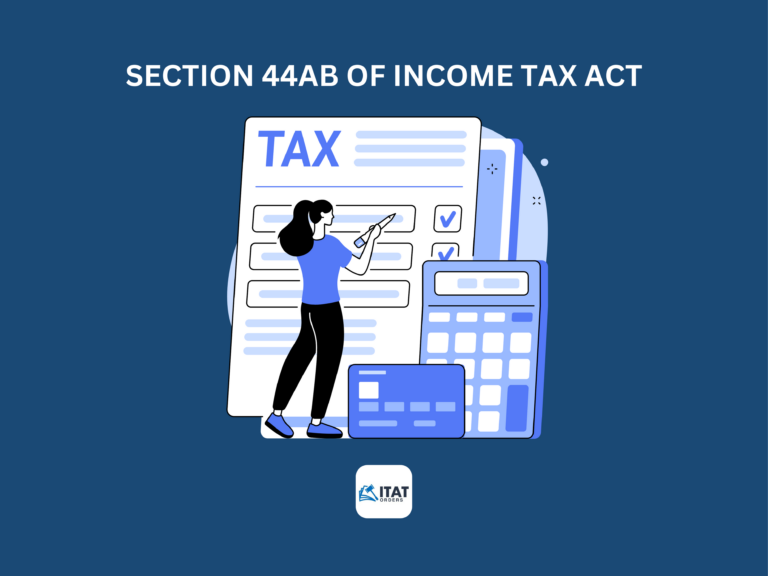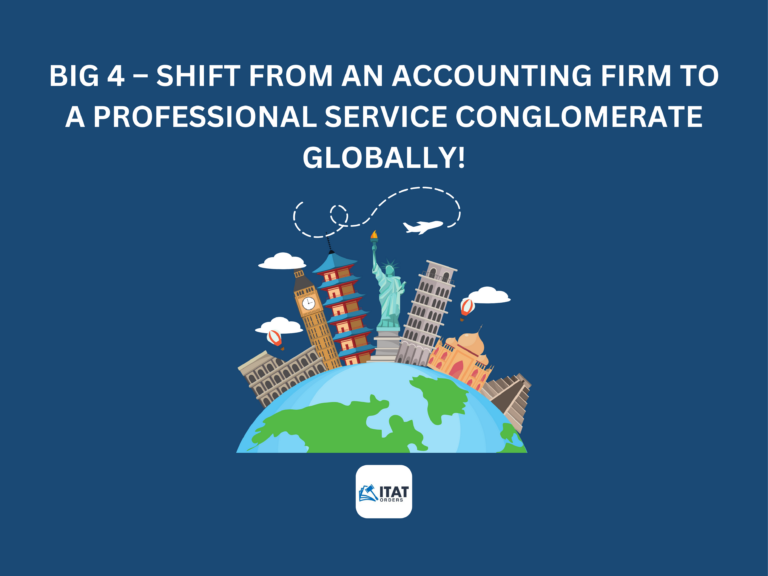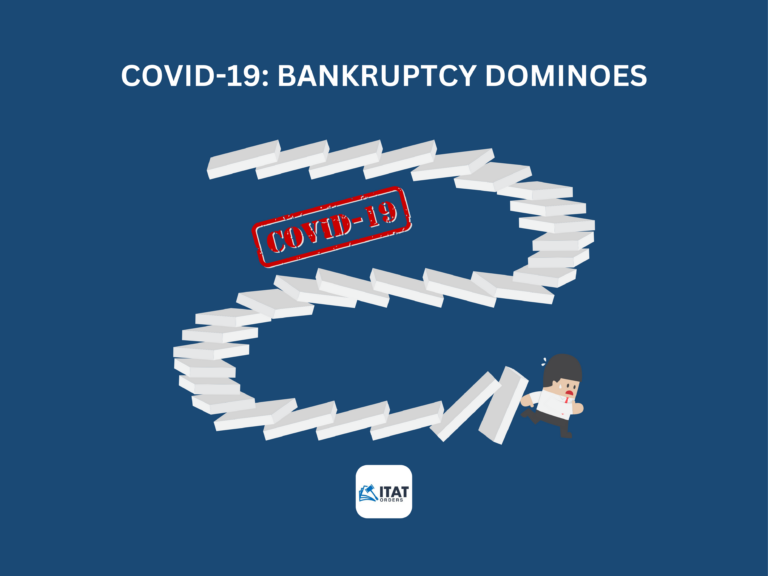Before the introduction of S. 270A, Section 271(1)(c) of the Income Tax Act was in place being penalty on concealment of income and or furnishing inaccurate particulars of income. However this section always caused litigation between revenue and taxpayers due to the decision of quantum of penalty at the discretion of assessing officer. Now the said section is replaced by Section 270A inserted vide Finance Act 2016 with effect from AY 2017-18 for imposition of penalty for underreporting of income or for misreporting of income. Let’s discuss certain important aspects of both the sections.
Amount of penalty:
Section 271(1)(c) provides for the imposition of a penalty for furnishing inaccurate particulars of income or for concealing the particulars. The amount of penalty ranges from 100% to 300% of the tax sought to be evaded at the discretion of assessing officers.
Section 270A(7) provides that penalty shall be imposable @ 50% of the tax payable in case of underreporting of income and 200% in case of misreporting of income. Therefore the new provision brings certainty to the quantum of penalty by prescribing a fixed percentage of penalty. Further section 270A(9) provides the cases of misreporting of income. They are as follow.
- misrepresentation or suppression of facts; failure to record investments in the books of account;
- claim of expenditure not substantiated by any evidence;
- recording of any false entry in the books of account;
- failure to record any receipt in books of account having a bearing on total income; and
- failure to report any international transaction or any transaction deemed to be an international transaction or any specified domestic transaction, to which the provisions of Chapter X apply
Therefore, if the under-reporting of income arises out of cases mention above penalty imposable shall be 200% of the tax payable on under-reported income.
What is Underreporting of Income?
Section 270A(2) provides the cases where a person is said to be underreported his income. A person is said to be underreported his income when,
Normal Provisions
Section 270A(2)(a): Return of income is filed.
Amount of income assessed is greater than the income assessed determined after processing of return of income u/s. 143(1).
Section 270A(2)(b): No return of income is filed or ROI is filed for the first time in response to notice u/s. 148.
The amount of income assessed is more than the maximum amount not chargeable to tax.
For example: Mr. X has not filed the return of income within the time allowed u/s. 139(1). Thereafter notice u/s. 148 was issued to Mr. X for making the reassessment u/s. 147. Mr.X has filed the return of income declaring the total income at Rs. 10 lakh. Assessment in case of Mr. X was finalized after accepting the return filed in response to notice u/s. 148 determining total income at Rs. 10 lakh. Even though no addition has been made by assessing officer in the assessment u/s. 147, then also Mr.X is said to be underreported his income because income determined to exceed the maximum amount not chargeable to tax and Mr. X has filed the return of income for the first time.
Note: A recent amendment has been made by the Finance Act(no.2) of 2019 in section 270A with retrospective effect from AY 2017-18. Accordingly the cases where the person the not filed their return of income even though their income was liable to be taxed but subsequently on receipt of notice u/s. 148 they made full disclosure of income are also treated as a case of underreporting of income.
Therefore in the example referred above Mr. X will not be liable to the penalty for underreporting of income as per the earlier position of law that is a prior amendment.
Section 270A(2)(c) Previous reassessment or reassessment has been made.
Amount of income assessed is more that amount of income determined in the immediately preceding assessment or reassessment.
MAT Provisions.
Section 270A(2)(d): Return of Income is filed
The amount of deemed total income assessed or reassessed as per the provisions of section 115JB or section 115JC, is greater than the deemed total income determined in the return processed u/s. 143(1)
Section 270A(2)(e): No return of income is filed or ROI is filed for the first time in response to notice u/s. 148.
The amount of deemed total income assessed as per the provisions of section 115JB or section 115jc is greater than the maximum amount not chargeable to tax.
Section 270A(2)(f) Previous reassessment or reassessment has been made.
The amount of deemed total income reassessed as per the provisions of section 115JB or section 115JC, is greater than the deemed total income assessed or reassessed immediately before such reassessment.
In case of Loss:
Section 270A(2)(g) Income assessed or reassessed has the effect of reducing the loss or converting such loss into income
Amount of underreported income.
Section 270A(3) prescribes the calculation of the amount of underreported income.
| Case1: Return of income is filed and there is no previous assessment | |
| Income assessed | XX |
| Less: Income determined on processing of return u/s. 143(1) | (XX) |
| Amount of Underreported income | XX |
| Case 2: Return of income is not filed or filed for the first time in response to notice u/s. 148 | |
| Income assessed | XX |
| Less: Maximum Amount not chargeable to tax [Not applicable in case of Company, Firm, and local authority because their income is taxable at flat rates. | (xx) |
| Amount of underreported income | XX |
| Case 3: Previous Assessment has been made | |
| Income assessed | XX |
| Income assessed in previous assessment | (XX) |
| Underreporting of income | XX |
Determination of amount of underreported income where MAT/AMT is applicable.
Amount of underreported income will be calculated by using the following formula:
(A — B) + (C — D)
where,
A = the total income assessed as per general provisions (Other than Section 115JC/115JB)
B = the total income that would have been chargeable had the total income assessed as per the general provisions been reduced by the amount of under-reported income;
C = the total income assessed as per the provisions contained in section 115JB or section 11
D = the total income that would have been chargeable had the total income assessed as per the provisions contained in section 115JB or section 115JC been reduced by the amount of under-reported income:
It is to be noted that where the amount of under-reported income on any issue is considered both under the provisions contained in section 115JB or section 115JC and under general provisions, such amount shall not be reduced from total income assessed while determining the amount under item D.
Circumstance where penalty could not be levied.
Example 1: Let’s assume that assessment in the case of XYZ Pvt. Ltd. was finalized after making the addition of ₹1,00,000/- on account of low gross profit. Assessing officer has estimated gross profit @ 5% as against 4% as declared by the assessee. However the books maintained by the assessee are correct and to the satisfaction of assessing officers and are in conformity with provisions of the Act. Now the issue arises whether the penalty is leviable.
Earlier Regime: Section 271(1)(c).
Section 271(1)(c) does not provide any exceptional cases where the penalty could not be levied. However various Judicial and Appellate authorities in various rulings decided the cases where penalty u/s. 271(1)(c) could not be levied. They are:
- CIT vs. Reliance Petroproducts (P) Ltd [322 ITR 0158] (SC): It was held by Honorable Supreme Court that where assessee makes any claim of expense in the return of income, however, the said claim was disallowed by assessing officer, the in such case penalty u/s. 271(1)(c) will not be attracted if no information furnished in the return of income is incorrect or inaccurate.
- CIT vs Aero Traders Pvt. Ltd. [322 ITR 0316] (Delhi HC): It was held by Honorable Delhi High Court that estimated the rate of profit applied to the turnover of the assessee which in does not amount to concealment or furnishing inaccurate particulars.
Therefore no penalty u/s. 271(1)(c) can be levied in the example mentioned above after relying on the decision of Delhi High Court in the case of CIT vs Aero Traders Pvt. Ltd (Cited Supra)
New Regime: Section 270A
Section 270A(6) provides the cases which do not amount to underreporting of income. They are as follow:
(a) the amount of income in respect of which the assessee offers an explanation and the Assessing Officer or the Commissioner (Appeals) or the Commissioner or the Principal Commissioner, as the case may be, is satisfied that the explanation is bona fide and the assessee has disclosed all the material facts to substantiate the explanation offered;
(b) the amount of under-reported income determined on the basis of an estimate, if the accounts are correct and complete to the satisfaction of the Assessing Officer or the Commissioner (Appeals) or the Commissioner or the Principal Commissioner, as the case may be, but the method employed is such that the income cannot properly be deduced therefrom;
(c) the amount of under-reported income determined on the basis of an estimate, if the assessee has, on his own, estimated a lower amount of addition or disallowance on the same issue, has included such amount in the computation of his income and has disclosed all the facts material to the addition or disallowance;
(d) the amount of under-reported income represented by any addition made in conformity with the arm’s length price determined by the Transfer Pricing Officer, where the assessee had maintained information and documents as prescribed u/s. 92D, declared the international transaction under Chapter X, and, disclosed all the material facts relating to the transaction; and
(e) the amount of undisclosed income referred to in section271AAB.
Therefore no penalty could be levied in the example mentioned above as per section 270A(6)(b).
Example2: Mr. Y, resident of Surat while filing his return of income has claimed the expense of certain items after relying on the decision of Jurisdictional High Court (Gujarat High Court). Case of Mr. Y was selected for scrutiny. In the Meantime decision of Gujarat High Court was reversed by Supreme Court on an appeal before the Supreme Court. Assessing officer while framing the assessment disallowed the said expense claimed by the assessee on the basis of the ruling of Gujarat High Court. Now the question arises that whether the penalty could be levied.
Alternative 1: Section 271(1)(c) Since the claim of expenditure is a debatable one and there is a failure on part of MR Y to furnish any inaccurate particulars of income, therefore penalty u/s. 271(1)© could not be levied. Reliance is placed upon CIT vs Electrolux Kelvenatro (Del. HC) [44 taxmann.com369]
Alternative 2: Section 270A: Mr. Y has offered a valid explanation in respect of the claim and the explanation offered by his also bona fide. And therefore no penalty u/s. 270A can be imposed as per section 270A(6)(a).
Immunity From Imposition of Penalty (Section 270AA)
Section 270AA provides for the immunity against imposition of penalty u/s. 270A or initiation of prosecution proceedings u/s. 276C and 276CC on an application made by the assessee in this regard after payment of interest and tax as specified in the notice of demand, provided that no appeal is filed against the order of assessment or reassessment.
To Whom Application is to be made?
To assessing officer within one month from the end of the month in which the order u/s. 143(3) or 147 is received by the assessee.
Note: Where underreporting of income arises due to cases of misreporting, immunity u/s. 270AA will not be granted.
Conclusion
Section 270A aims to bring certainty in the law of penalties by removing the discretion of assessing officers in deciding the quantum of penalty. Further section 270AA provides the immunity from imposition of penalty. Thus it clearly seems that the Government of India is focusing on reducing the tax litigation and the introduction of these two sections was one of those steps which our government had taken. However, since these sections are effective from AY 2017-18, whose scrutiny assessment has just completed in the last year and many of those cases are pending in appeal before CIT(A), the result of the implementation of theses sections will appear only after the passage of some time.
